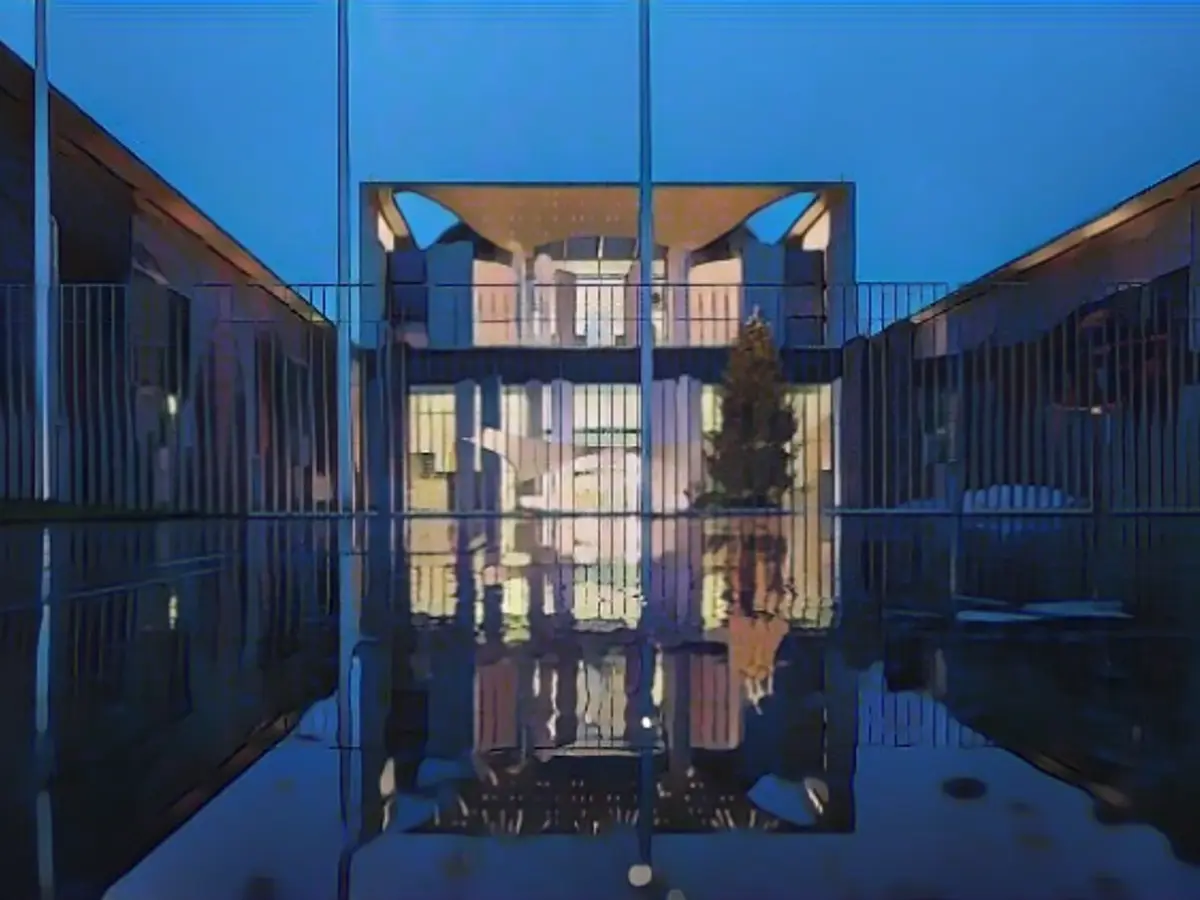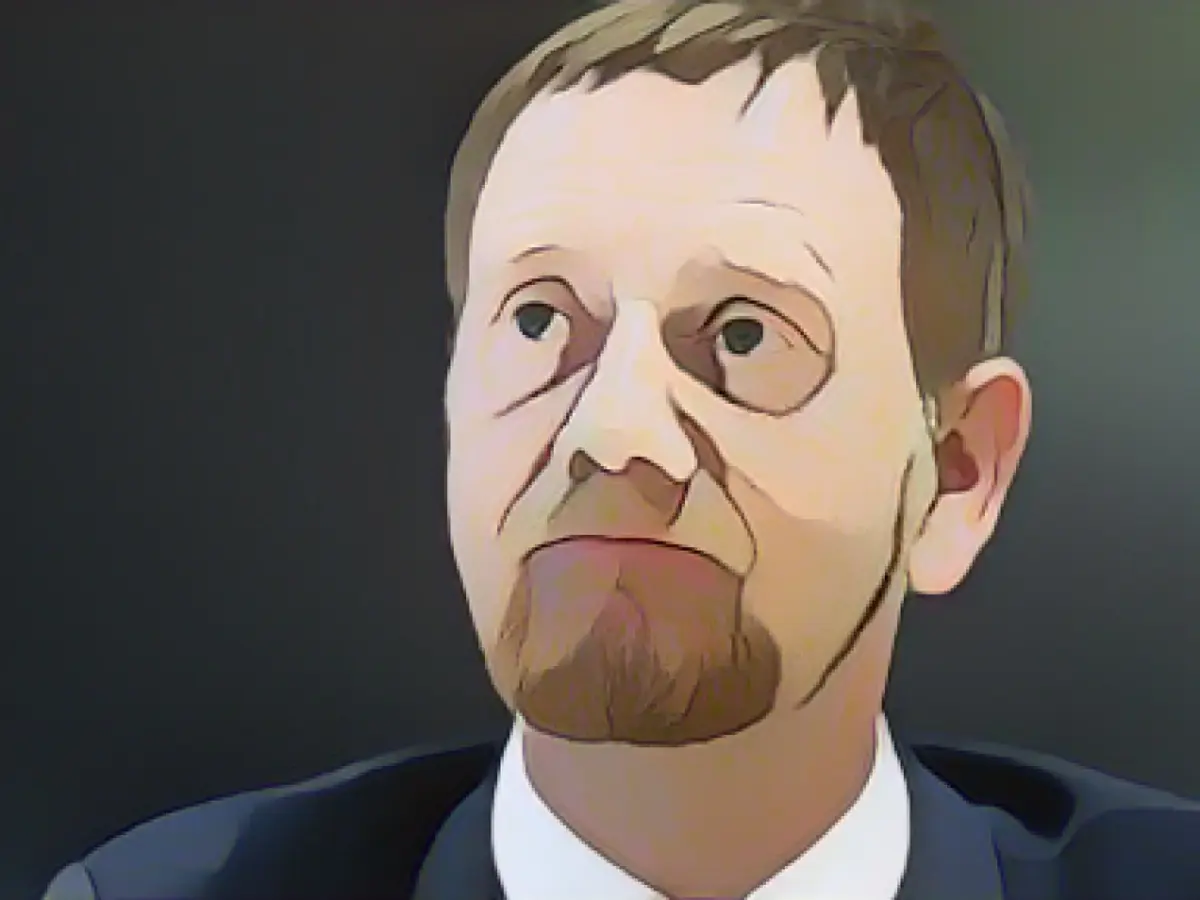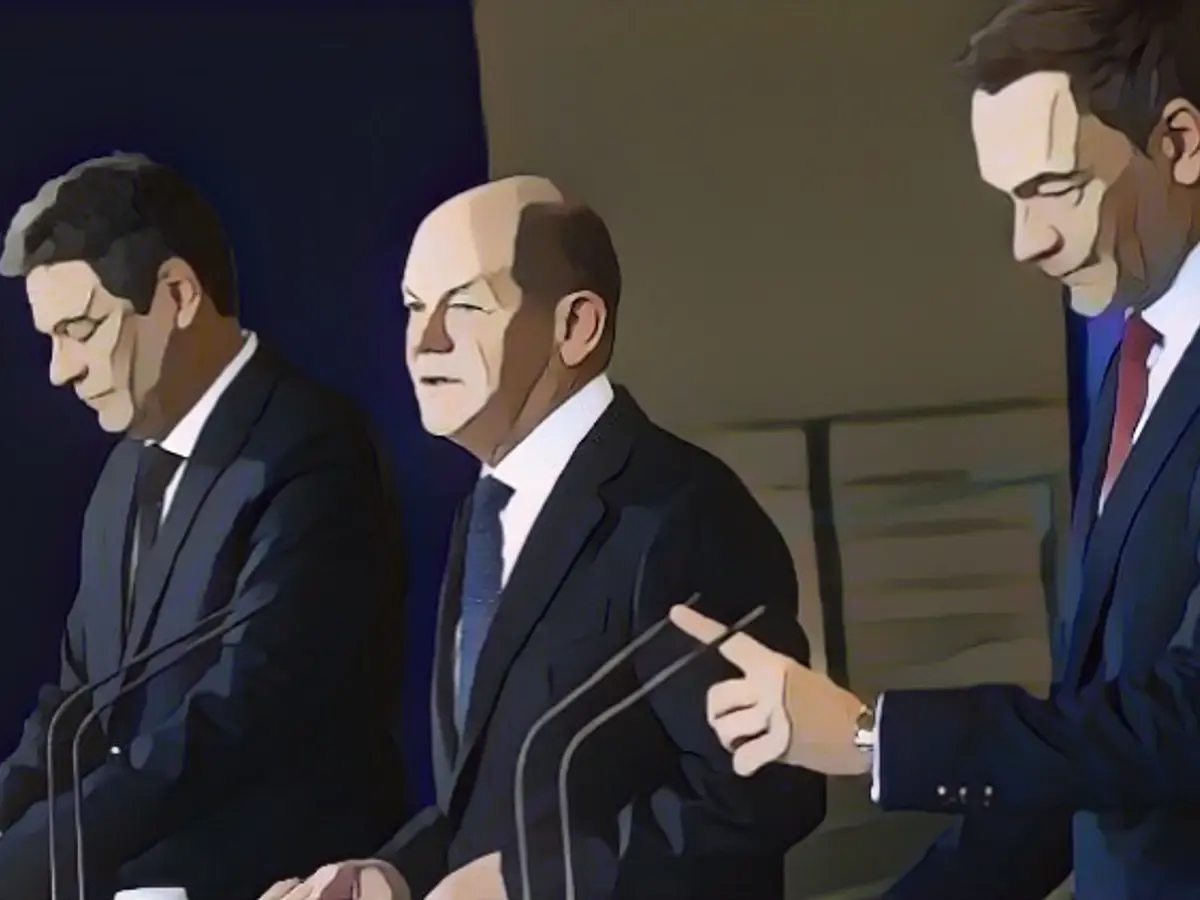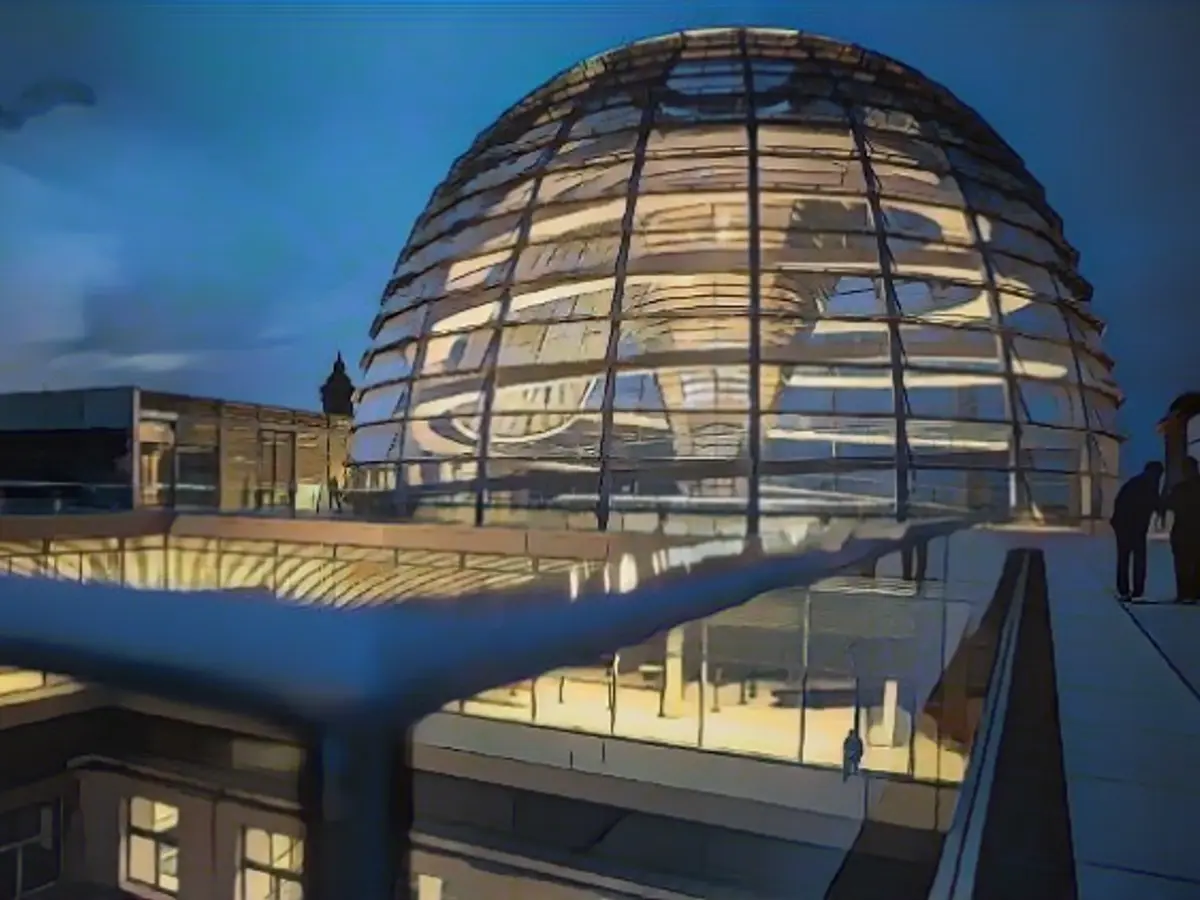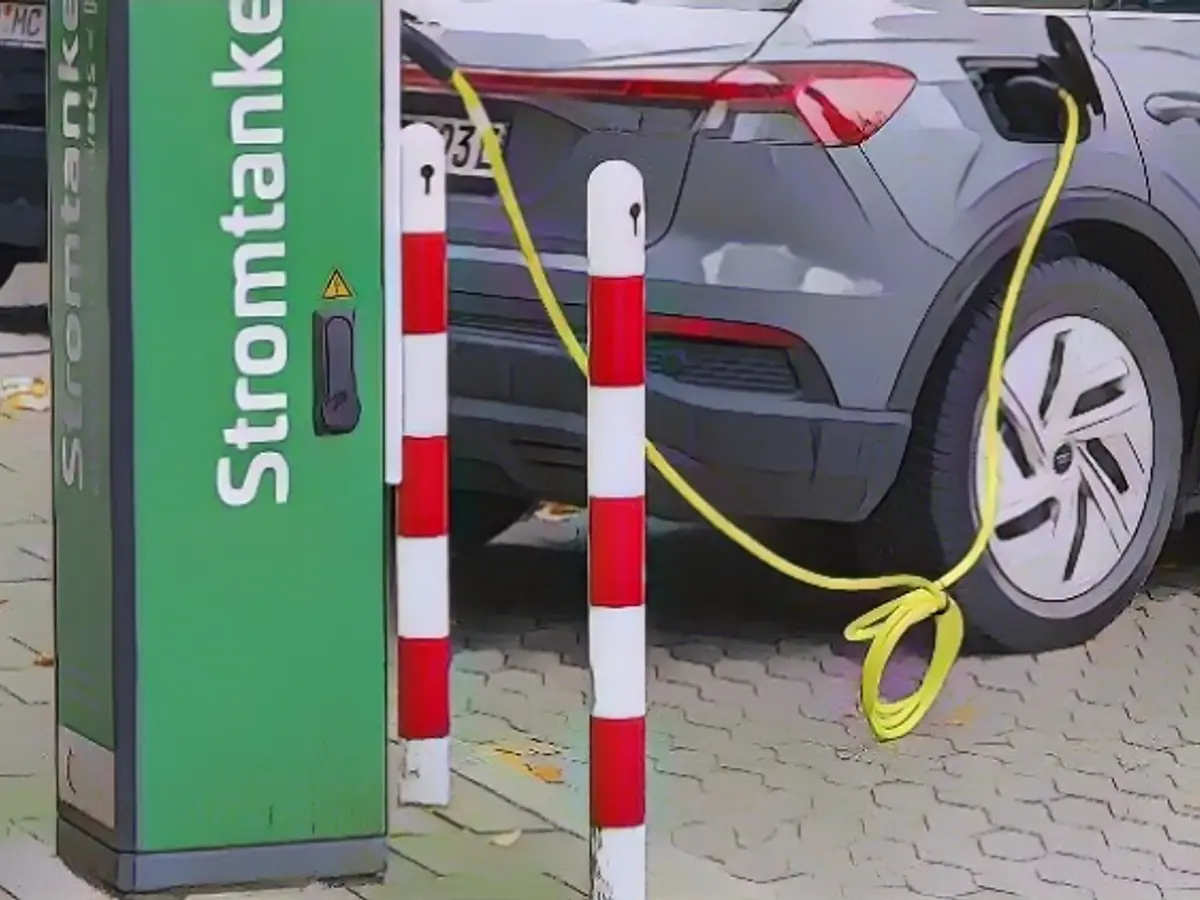Breaking Budget Impasse: Traffic Light Coalition's late-night Agreement
The traffic light coalition demonstrated an exception to their usual policy recently, as the leaders of SPD, Greens, and FDP engaged in an all-night marathon meeting to solve the 2024 budget crisis. Led by Olaf Scholz, Robert Habeck, and Christian Lindner, the coalition managed to broker an agreement in the early hours of the morning.
With a potential press conference scheduled for noon at the Federal Chancellery, the coalition found a solution to the €17 billion gap in the budget for the following year. This development came after almost four weeks of discussions regarding investments in climate protection and economic modernization, dealing with a €60 billion deficit in the Climate and Transformation Fund, and a nullified decision from the Federal Constitutional Court.
On Tuesday, Chancellor Scholz, Lindner, and Habeck resumed their negotiations at the Chancellery, following the postponement of the previous session. By Wednesday morning, they had finally settled on a deal, despite their initial intentions to avoid overnight meetings.
Budget Deadline Looms
Originally aimed for completion before the year's end, the delay in the budget resolution became inevitable due to Bundestag and Bundesrat consultation times. The likelihood of the Bundestag Budget Committee finishing its deliberations before Christmas depends on the extent of the proposed amendments. In turn, the Bundestag may need to convene in January for the budget week, after which the Bundesrat may approve the budget. In the meantime, a provisional budget is necessary to maintain administrative functions and fulfill legal obligations.
Debt or Austerity Measures?
The exact strategies tackled by Chancellor Scholz, Habeck, and Lindner during their late-night discussions remain undisclosed. The options include suspension of the debt brake for 2024, following the German constitution's allowance of increased borrowing in special emergencies. This could theoretically finance aid payments for Ukraine like relief efforts, but Christian Lindner remains unconvinced of any legal foundation for this measure.
Moreover, potential plans for tough austerity measures in various sectors, with particular focus on the review of social benefits and some subsidies, were under scrutiny. The prospect of revising the planned citizen's allowance increase and further delays to the basic child protection scheme were also considered. Chancellor Scholz reaffirmed his opposition to cutting social benefits while acknowledging the requirement for a thorough discussion on benefit accuracy.
The Greens advocated for the reduction of climate-damaging subsidies, including tax advantages for diesel and agricultural businesses, which would generate additional revenue for the state and expand its budgetary leeway.
While the specifics of the agreement remain unclear, the coalition leaders have reached a critical milestone in the struggle to overcoming the budget crisis, secure climate investments, and make progress in economic modernization.
Enrichment Data: The sources lack specific details on the agreements finally reached during the overnight meeting. However, the underlying tensions and disagreements that led to the collapse of the traffic light coalition can be inferred:
- Budget Deficit and Debt Brake: The German coalition grappled with serious disagreements over the budget deficit and the debt brake, with the SPD and Greens advocating for increased borrowing to address a €25 billion shortfall in the 2025 budget, while the FDP opposed new debt and proposed to cut social spending[2][5].
- Energy and Climate Policies: The traffic light coalition encountered challenges in implementing its green climate and energy agenda, only managing to fully implement 9 out of 27 proposed policy measures. Projects like the Power Plant Safety Act and geothermal acceleration act remained inactive[1].
- Economic Challenges: The coalition faced economic difficulties associated with rising energy prices and the need for economic modernization. The government spent at least €255 billion on subsidies to mitigate the impact of soaring energy costs[1].
- Defense Spending: Robert Habeck suggested a defense spending of 3.5% of GDP, which marked a departure from previous stances and signaled a shift in priorities[4].
In essence, the coalition leaders were trying to find consensus between addressing the budget deficit, implementing climate and energy policies, and dealing with economic challenges, which eventually led to the breakdown of the traffic light coalition.
